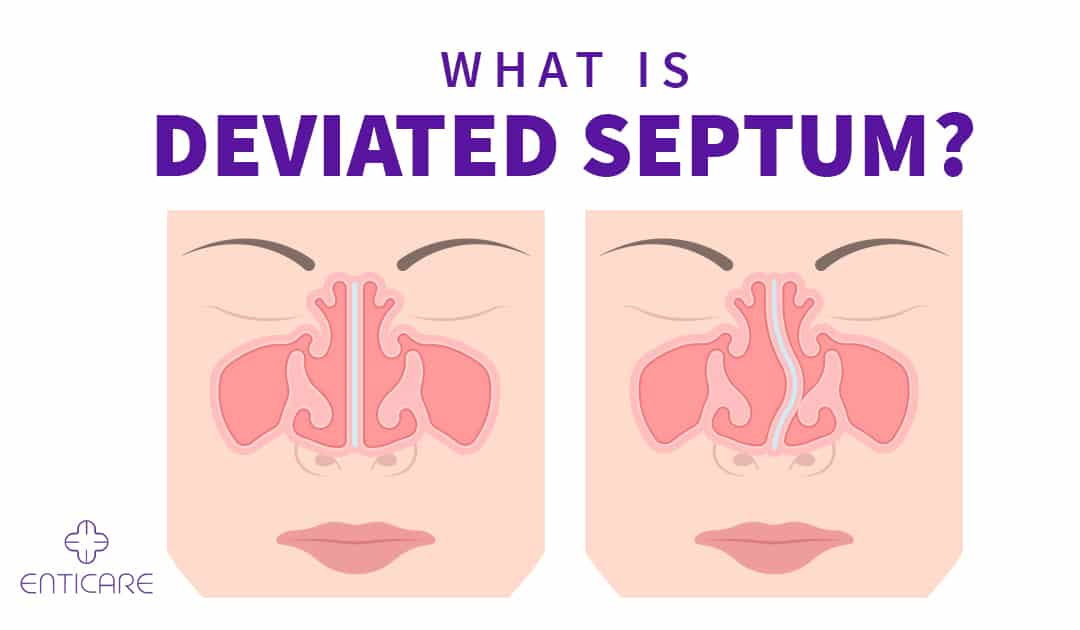Deviated septum is a common condition affecting many individuals worldwide, occur when the thin wall of cartilage and bone dividing the nostrils is displaced. This blog post explores everything you need to know about these issues, including causes, symptoms, and treatments.
Causes of Deviated Septum
The exact cause of deviated septum is unknown but can be caused by a range of factors, including:
- Congenital Defects: Present from birth due to a congenital defect.
- Trauma: Resulting from nose injuries, such as a broken nose.
- Aging: Shifts in the septum due to natural wear and tear.
- Chronic inflammation: Chronic inflammation of the nasal passages, such as from allergies or sinusitis, can cause the septum to become deviated over time.
Symptoms of Deviated Septum
Symptoms vary, and some individuals may not experience any. Common symptoms include:
- Difficulty breathing: Obstruction of nasal passages, making breathing through the nose difficult.
- Congestion: One side of the nose is more congested than the other.
- Frequent nosebleeds
- Facial pain or pressure
- Headaches: Pressure and headaches around the forehead and eyes.
- Snoring: Resulting in interrupted sleep.
- Recurrent sinus infections: A deviated septum can lead to chronic sinus infections due to the difficulty in draining mucus from the sinuses.
Diagnosis of Deviated Septum
A physical exam and, in some cases, an endoscope or imaging tests like a CT scan, help diagnose nasal septum issues.
Treatment of Nasal Septum Issues
Treatment depends on severity and symptoms. If asymptomatic, treatment may not be necessary. For symptomatic cases:
- Medications: Decongestants and antihistamines can help alleviate symptoms.
- Nasal Strips: Applied externally to open nasal passages.
- Septoplasty: Surgical procedure to straighten the septum and improve breathing.
- Rhinoplasty: Correction as part of a nose job procedure.
- Balloon Sinuplasty: Minimally invasive surgical procedure to dilate sinus openings, often combined with septoplasty.
Recovery after Surgery
Post-surgery, rest and recovery are necessary. Swelling, bruising, and using nasal sprays and saline solutions aid recovery. Avoiding nose-blowing and strenuous activities for several weeks is recommended.
In conclusion, nasal septum issues can impact breathing, sleep, and overall health. Treatment options may include medications or surgery, depending on the severity of the condition. With proper treatment, most individuals can successfully manage their symptoms and improve their quality of life. If you are experiencing any of these symptoms, it is important to speak with our providers at Enticare to determine the best course of treatment for your case. Don’t hesitate to call us at 480-214-9000.

